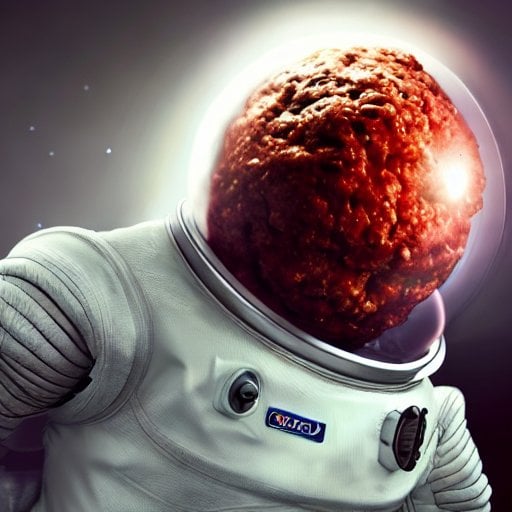___
I remember in the early days of Ultima Online the game would allow persistence of things dropped, and it got so bad people were asking each other to help pick up and destroy “trash” because it lagged the servers. I can’t recall why that couldn’t be quickly patched or how long it lasted.
Well, in programming, garbage cleanup routines (which are important so data in memory that’s no longer needed is released - get it wrong and you either have a memory leak where the longer your app runs the more RAM it consumes, or you have bizarre bugs that are hard to replicate cause memory was released early) in general are actually quite tricky to get right, so usually you use APIs built into whatever programming language you’re using. You don’t have that luxury inside a video game’s environment. Imagine if they got it wrong and your character is mistakenly treated as some dead monster and poof it’s gone.
I think it was just a missed problem, as so many updates are for. Later games that I played would do something as simple as a timer attached to a dropped item to then force removal (including your old corpses). But I saw the mention of persistence in the post and the UO trash dilemma came to mind.
Oh it could easily have been that. I’m no expert at programming, but I know enough to be aware of some of the weird things that you gotta get right behind the scenes. There’s a lot of moving parts that gotta stay synchronized, more than a lot of folks realize.
Edit: I guess in other words, just cause it sounds simple and straightforward does not mean it is easy to implement. In fact, the opposite can often be true in that there may be surprisingly complex things needed under the hood to make sure the visible result “just works”.
There is a huge diversity of plastics being produced today and each one will require a unique evolutionary adaptation to be biodegraded. We’re also continuously developing new plastics and new combinations of plastics such as core-shell polymers. You also had much more wood available than you have plastic scattered across the earth, meaning much more energy available for any microorganisms that evolved to degrade wood and thus a greater evolutionary advantage. I don’t think microbes are going to save us from the plastic scourge anytime soon.
Agree with all points except the availability of plastic.
There might have been more wood, but the mass of plastic is enormous. I remember that it’s more than the mass of all animals. The value should be from this study, but it’s closed access, so I can’t check.
Wouldn’t it also be pertinent that we store a lot of waste plastic with our other plastics? I mean, our landfills are pitri dishes for a massive variety of microbes to have a go at consuming plastic. Compared to a much less diverse population of those that would have been around at the time to learn to consume wood.
Coal is this, except it’s largely fronds, which the trees shed three same way modern ones shed leaves. IIRC the trees were related to ferns. Before that there were big fungus pillars that served as trees.
Fungus pillars? Like giant mushrooms??
Yes (sorta maybe)! They were pillars, no dick topper, and may have been covered in algae. There’re also signs of animals living within them. Truly the trees of their time.
old lady from the Titanic -meme
It’s been 60 million years
If you actually look up ancient trees they were basically just giant ferns. Versions of them are still around today although they do now rot of course when they die. They’re super creepy looking.
I would really like some for my fern garden but unfortunately it is literally cheaper to buy a top of the range smartphone than it is to buy those things. It’s really weird going to a garden centre with everything costing single digit prices and then suddenly there is this tree thingy with commas in its price.
Every species started out as an invasive species.
Unlike trees, plastic is not self-renewing. So when humanity goes extinct, there will no longer be a steady supply of plastic for these microbes. They will crash just as quickly (geologically speaking) as they arose.
Life finds a way
Hypothetically, if we were alive during that time period. We would have microwood in our balls and not microplastic?
If we were alive back then, either we took those bacteria with us, or we would cease being alive fairly quickly; I don’t think our intestines work without them anymore
Hypothetically, if were absent of contaminating the environment by not having that bacteria and instead used nano technology to break down food.
Would we still have microwood in our balls?
What, you eat polyester? That does it. We’ll coat the whole world in PFAS, try and crack those.
Kind regards, humanity
Is chemical energy more readily available from plastics than from wood? You’d have to imagine it is if evolution is adapting these timescales.
with wood, the problem was with lignin which is tightly crosslinked, meaning that it’s insoluble and organism willing to eat it has to secrete some enzymes to break it down in smaller bits that can be absorbed
depending on plastic, this first step might be easier or even happening on its own. there are already bacteria that feed on nylon but nylon starting materials are easier to digest for them
lignin balls
Wasn’t there some effort to guide that particular evolution? Or was it really just one of those,“holy shit look at this” discoveries?
Now my curiosity is piqued; I may have to look that up later today.







